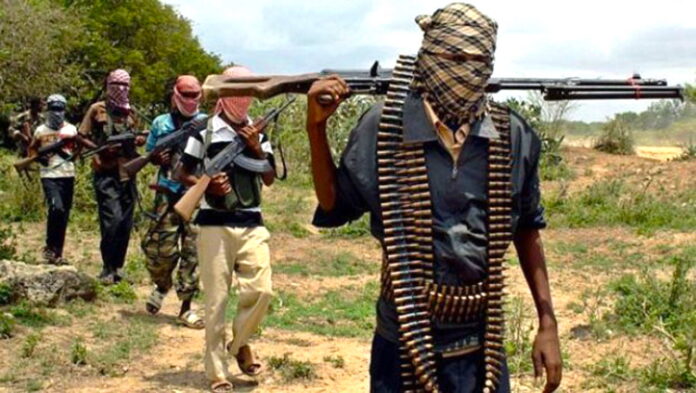Worsening security situation puts the Buhari government on the horns of dilemma

By Olu Ojewale
Insecurity has become a permanent feature of Nigeria in recent times. Hardly a day goes by without reports of attacks, killings, and kidnappings in various parts of the country. The situation is such that education, social, political, and commercial activities have been crippled in parts of the country. How bad the situation has become was on display on October 28 in Kafanchan, Kaduna State when the Vice President Yemi Osinbajo, led clergymen to pray against the forces of evil, hate, division, injustice, insurgency, and terrorism plaguing Nigeria.
Osinbajo, a clergyman himself, led the prayers while delivering a goodwill message at the 30th Anniversary Celebrations and 17th International Prophecy and Prayer Conference of ThroneRoom (Trust) Ministry, Kafanchan. “Oh God, heal this land, deliver this land from terrorism and insurgency, from the hand of the wicked, prosper this land, save your people oh God. Fulfil your promises of peace and prosperity,’’ Osinbajo prayed.
Indeed, Nigeria needs God to save it from the nefarious activities of criminals as the government appears overwhelmed and incapacitated. Buhari himself hinted at this two days earlier on October 26 when he disclosed that 12 million children in the country are traumatised and afraid of going to school because of the spate of abduction in the country. “The incessant attacks on the country’s education system such as kidnapping, abduction of pupils/students, increased activities of insurgence and general insecurity in our schools have exacerbated many factors responsible for the growing number of out-of-school children,” the president, who was represented by his chief of staff Ibrahim Gambari, said at the opening of the Safe School programme in Abuja, admitting that it had been tough dealing with the security challenges facing the country.
The first mass school abduction in the country was in Borno State in 2014, when Boko Haram, a jihadist terror group, abducted 276 girls from Chibok, triggering a global campaign called #BringBackOurGirls. Since then, attacks on schools have multiplied exponentially and spread across the northern part of the country. According to UNICEF, United Nations Children’s Fund, since January 2021, 25 schools have been attacked while 1,440 pupils and students have been kidnapped.
“We have identified and put mechanisms in place to ensure the safety and security of schools in Nigeria,” President Buhari said
However, military operations have not solved the problem as security forces appear overstretched and overwhelmed. And despite the fact that governments, state and federal, are not disposed to paying ransom and have asked Nigerians not to do so too, families of the kidnapped throughout the country have observed this advice in the breach and have been paying millions of naira to free their kidnapped loved ones.
In August when armed men snatched seven of out of Abubakar Adam’s 11 children in Tegina in Rafi local government of Niger State, he sold his car and a parcel of land and cleaned out his savings to raise a ransom of N3 million to free them. Adam sent the money into the bush, together with payments from other families in his town of Tegina. The kidnappers took the money, seized one of the men delivering it and sent back a new demand for more cash and six motorbikes.
“We are in agony,” the 40-year-old tyre repairman told Reuters, still waiting for any sign of what happened to his children three months after the mass abduction. “Honestly, I don’t have anything left,” he added.
Kidnappers have taken more than 1,000 students since December in a rash of abductions across the impoverished northern parts of country. “We are begging the government to help,” said Aminu Salisu, whose eight-year-old son was taken in the same daylight raid on Tegina’s Salihu Tanko Islamic school in May, alongside more than 130 other students.
According to Bulama Bukarti, an analyst in the Extremism Policy Unit of Tony Blair Institute for Global Change, the flood of ransom payments have brought a flood of new kidnappers. He estimated there were currently about 30,000 bandits operating in the Northwest alone.
“It’s the most thriving, the most lucrative industry in Nigeria,” he added.
The effects of the abduction on children education prompted the United Nations Children’s Fund, UNICEF, to raise an alarm on September 16 about the future of Nigerian children. The global organisation called for an end to insecurity in the country. “This insecurity must end so that children can return to their normal lives and benefit from all the important things being in school brings to them,” it said.
Apart from children, farmers, traders, traditional rulers, professionals, and travellers have also suffered greatly in the hands of bandits and kidnappers. Hassan Attahiru , the Emir of Bungudu Emirate Council in Zamfara State, regained his freedom after 32 days in captivity, on Sunday, October 17. The emir was kidnapped in mid-September with his police orderly on the Kaduna-Abuja highway while they were travelling to Abuja. The gunmen killed another police officer attached to the emir during the incident. It was reported that a ransom of N20 million was paid for his immediate release, but the emir still spent 32 days with his captors.
On Monday, October 25, members of the Nigeria Union of Journalists, NUJ, FCT Council, staged a peaceful protest in front of Nigeria Police Force Headquarters in Abuja over the disappearance of Tordue Salem, a reporter with Vanguard newspaper on Wednesday, October 13. Dressed in black outfits, they marched from the Ministry of Women Affairs to the Police Force headquarters to urge Usman Baba, the Inspector General of Police, IGP, to expedite action to ensure the safe return of Salem.
The protesters led by Emmanuel Ogbeche, the chairman, NUJ FCT Council, warned that harassment and kidnapping of journalists are threatening democracy. “It is relevant that we remind you that the State owes every Nigerian, particularly a journalist, protection and assurance of safety. Nigeria has continued to fare badly on the Press Freedom Index for six successive years and it will be most unfortunate if the disappearance of Mr. Tordue Henry Salem adds to the poor rating,” the Council said in its petition.
Frank Mba, a Police commissioner, and the Force Public Relations Officer, FPRO, acknowledged that the case was with the Police, and assured that investigation was on going.
Mba said that once the case was reported on October 15, “The IGP gave a firm instruction that no human or material resources should be spared in effort at locating and understanding the ration behind his disappearance.” Unfortunately, his lifeless body was found 29 days later on November 10 in suspicious circumstances.
As if that was not bad enough, about 11 days to the November 6 Anambra State governorship election, Obiora Agasimalo, the candidate of the Labour Party, LP, who reportedly kidnapped on September 18 had still not been found. The former bank official was allegedly kidnapped while on his way from Ezinifitte, Nnewi South Local Government Area to Azhia in Ihiala Local Government Area to campaign.
Addressing journalists on Tuesday, October 26, in Awka, the state capital, Clement Ojukwu, the national organising secretary of the LP, and Stanley Okoli, a member of the LP Campaign Council, alleged that the abduction was politically motivated.
Indeed, Anambra State became a hotbed of violence as the Anambra election drew nearer. There were reports of attacks on political campaigns, killings, and general state of anarchy, which prompted speculation that a state of emergency might declared in Anambra by the President Buhari to bring the political temperature down.
Added to the chaos was the order given by the outlawed IPOB that people in the state should sit-at-home for one week from November 5 to 11, which by inference meant they should boycott the election. IPOB later rescinded the order although the damage had been done with the electorate fearful for their lives.
President Muhammadu Buhari did the usual: met with his service chiefs and gave them a marching order to ensure that nothing should stop the elections in Anambra state. Babagana Monguno, national security adviser, alluded to this while briefing journalists about the outcome of the security meeting at the presidential villa. He said the president gave the order in response to the heightened security challenges in Anambra.
“No group or individual will be allowed to stimulate anarchy and chaos, leading to murderous activities. The president has made it very clear that the armed forces and all law enforcement agencies must make sure that the elections take place, even if it means overwhelming the entire environment with the presence of security agencies,” Mongunu said.
Luckily, the elections held November 6 without major incidents.
Nevertheless, the extent of the destruction caused by insecurity was quite clear in a report presented by Samuel Aruwan, Kaduna State commissioner for internal security and home affairs, on October 20, which revealed that no less than 343 persons were killed by bandits in the state in the past three months. Apart from those killed, 830 others were kidnapped while 210 residents also suffered various forms of injury in the third quarter of 2021.
Reacting to the report, Governor Nasir El-Rufai described the figures as sobering and commiserated with citizens of the state, noting that the situation must be arrested as fast as possible.
To curb the situation, the state government has banned the sale of petrol in jerrycans; banned the use of motorcycle for transportation for three months; restricted tricycle operations to 7:00 am to 7:00 pm and gave incentives to security operators and informers on the influx of bandits into the state.
El-Rufai also called on President Buhari to declare bandits as terrorists. He argued that declaring them as terrorists would allow the military deal with them accordingly without violating international laws and norms during their operations. The governor disclosed that he had been asking the federal government since 2017 to declare the bandits as terrorists and had also written several letters on the same issue but has not received any favourable response so far.
“So, we support the resolution by the National Assembly and we are going to follow up with a letter of support, for the Federal Government to declare these bandits and insurgents as terrorists, so that they will be fair game for our military. This is the view of the Kaduna State Government,” El-Rufai said. But Sheikh Ahmad Gumi, an Islamic cleric and retired army officer warned against doing so. Although he admitted that the devastation inflicted by rampaging bandits in Nigeria’s Northwest amounts to terrorism, government labelling terrorists would invite additional consequences that will consume the entire country, according to him. The cleric warned that
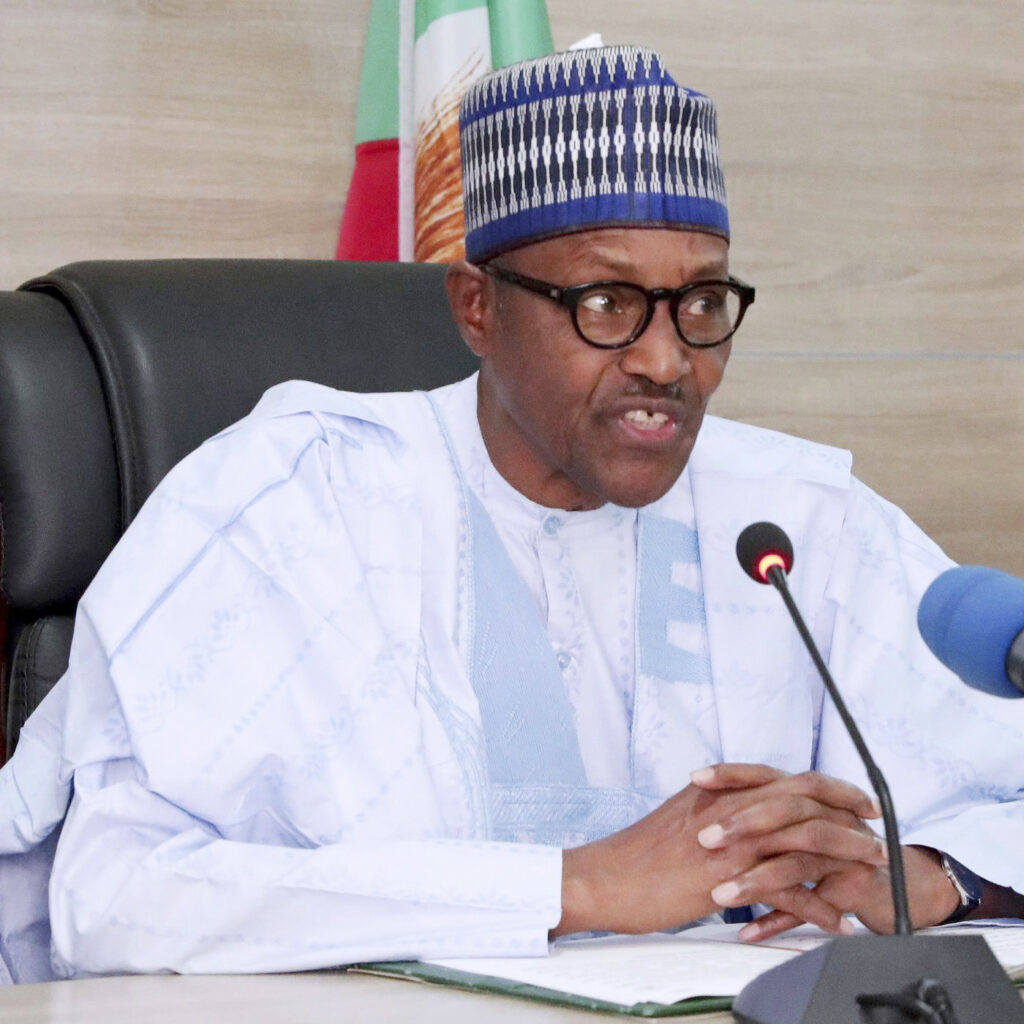
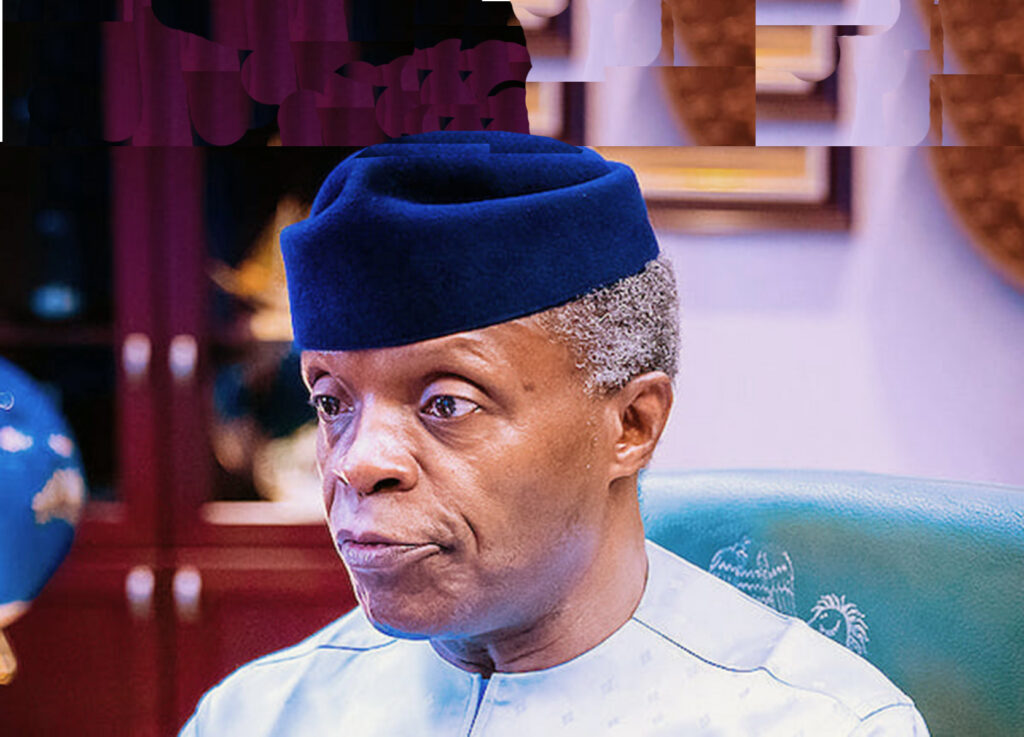
the moment bandits are designated as terrorists, “Islamic for that matter, the direct foreign Jihadist movements will set in in force.”
Nevertheless, the Governor also urged the federal government to work with the state governments to recruit 1,000 youths from each of the 774 local government areas in the country to boost the current numbers of security agents in the fight against insecurity.
“This will be a surge in numbers that is unprecedented since the civil war. An influx of 774,000 new boots on the ground will be a significant blow against criminals and an employment boost,” he said.
Irked by the persistence of insecurity in the country, majority of southern state governments have passed laws to outlaw open grazing by Fulani herders in their states. A security outfit known as Amotekun was similarly established in 2020 by the Southwest governors to tackle criminal activities in the region. This has also given rise to the call by the governors for the security outfit to transmute into state police.
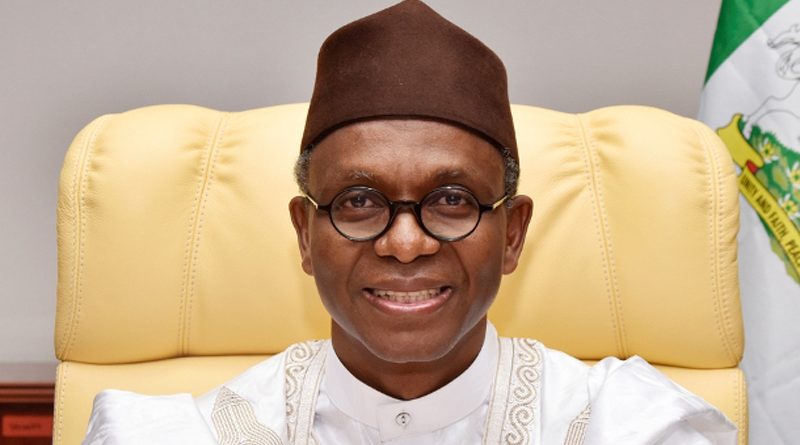
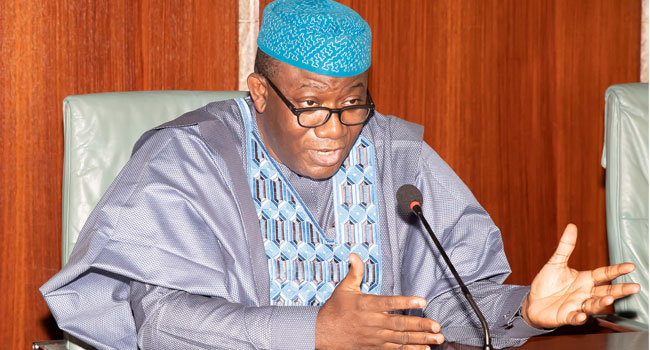
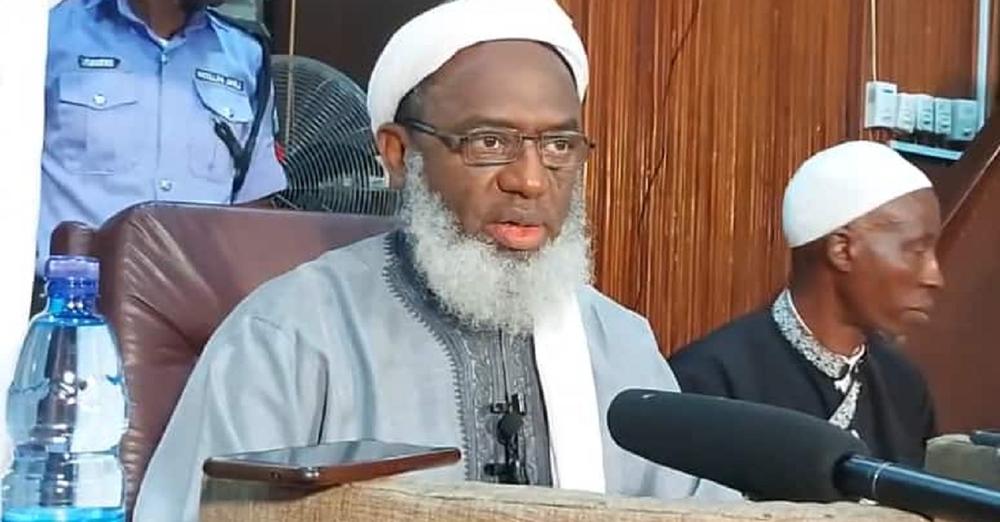
Governors Kayode Fayemi of Ekiti State, Babajide Sanwo-Olu of Lagos, Nasir El-Rufai of Kaduna, and Godwin Obaseki, on October 14, renewed their clamour for state police, saying a multi-level policing system remains the best way out of the present security conundrum in the country.
The governors spoke in Ado Ekiti, the Ekiti State capital, at a summit organised as part of activities marking the third-year anniversary of Governor Kayode Fayemi.
The summit was also attended by Vice President Yemi Osinbajo; Governor Rotimi Akeredolu of Ondo State, who was represented by Lucky Ayedatiwa, his deputy, as well as members of the business community and diplomatic corps.
Fayemi who is chairman of the Nigeria Governors Forum, NGF, said while a multi-level policing system remains the best way out of the present security challenges, the call for state police does not translate to abolition of the central police, the Nigeria Police Force. He said, “This request does not mean abrogation of the central Police. If you have a problem with security in Kaduna, Governor El-Rufai can easily take charge. My recent experience and many of our governors were not even palatable where we wanted to procure drones and Mr President was with us on the issue but the NSA refused us End User Certificate, but we got it one year after.
“As of now, security is on the exclusive list. Even if the federal government is ready to allow us to procure some arms, we have to sign a MoU with the Nigerian Air Force. We have to work together, collaboratively, because investors consider security as number one in any state.”
The governors’ apparent predicament over taking charge of the security in their domains, is part of what Ray Ekpu, the chief executive, MayFive Media Communications Limited, identified as one of the seven anomalies facing the country on security matters. In a paper he presented at the 17th All Nigeria Editors Conference of the Nigerian Guild of Editors, NGE, held late October 2021, in Abuja, Ekpu noted that Nigeria being a federation its security matters are being treated “as if it is homogeneous entity.”
He said even though the state governor is recognised as the chief security officer of his state, the de facto chief security officer is the state commissioner of police. According to Ekpu, who chaired the two-day ANEC, Nigeria needs a federal system of government which allows the states to take charge of their own security matters. “The real truth, however, is that the federal government does not want security power bifurcated in the country. It wants to hold all the power in both hands. However, some of those who oppose state police are of the view that state governments may abuse their power over the police if state police is approved.
“My view is that the media, civil society, lawyers and labour are capable of jointly checkmating through demonstrations and legal processes such potentially power drunk governors. Also, if we have state police, there will be a balance of terror which will be a check on either side as it happened to the superpowers during the Cold War.”
The conference called for a healthy and harmonious collaboration between the media and security agencies in the fight against insecurity across the country, saying the problem of insecurity is taking a huge toll on societal life. It also called for “an end to raging insecurity so that citizens can conduct their normal lives in an atmosphere of peace and concord.”
In a communique signed by Mustapha Isah, the NGE president, and Iyobosa Uwugiaren, the general secretary, the conference stated that the prevalent insecurity challenges, which have seen terrorists, bandits, armed herdsmen and other criminal elements holding the nation to ransom and threatening its survival and development, have the potential of tearing the country to shreds.
The communique added: ‘’Governments at all levels have a responsibility to defend, protect and provide for its citizens. That agitations for self-determination, which are raging in the Southeast, Southwest and the South-south regions do not augur well for the unity of the country.”
Expressing similar concern, Nobel Laureate Wole Soyinka, said Nigeria is fast disintegrating, lamenting that the current administration lacks the solution to the various challenges confronting the nation. Soyinka, who spoke at a news conference held at Freedom Park, Lagos, on October 28, said that “the government does not have a holistic grasp of the problems in Nigeria. If we are looking to this government for solution, then it means we are lost.
“We are in a mess. This country is in a mess. It is disintegrating before our very eyes. This government is floundering.”
However, Femi Adesina, special adviser, media, and publicity to President Buhari, believes that the government is making progress on insecurity. Adesina, who made the claim in an interview on Channels Television, said no one would dare compare the situation now to what was “witnessed in 2015”.
Adesina said those who branded President Buhari as a failure are wrong, insisting that Buhari, who came to power on three cardinal promises – fixing insecurity, tackling corruption, and fixing the economy – has fulfilled his core promises to Nigerians. “Yes, there are certain areas where the delivery is high, higher than in some other areas. But for anybody to say it is a complete failure, that will not be true,” said the presidential spokesman.


